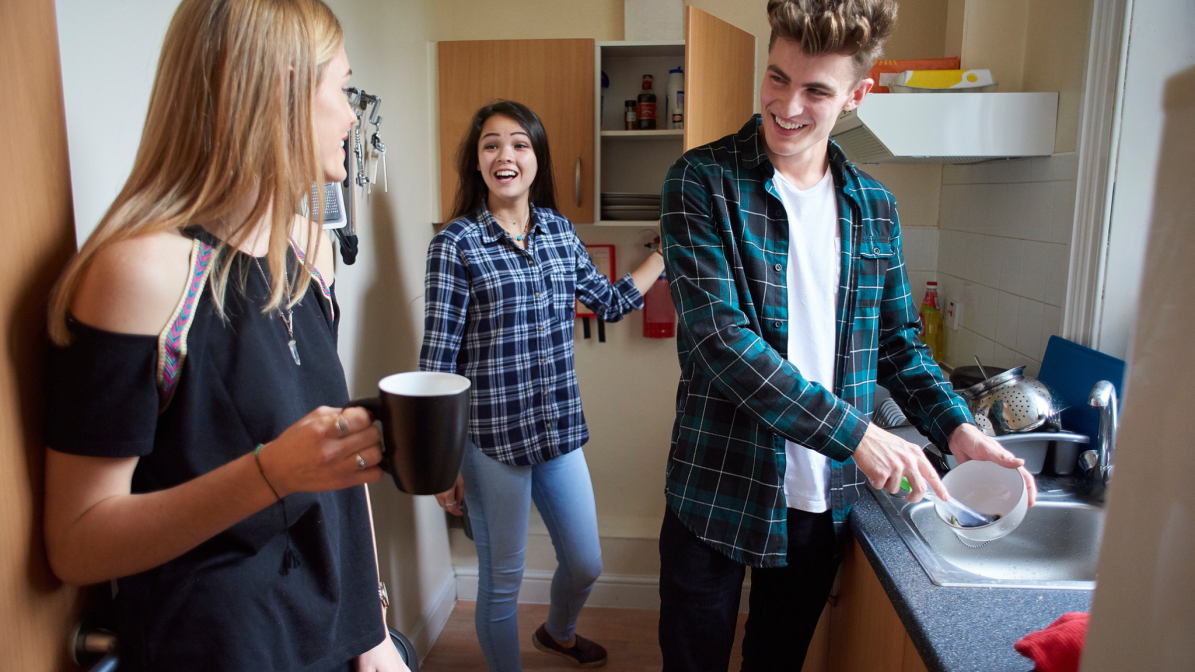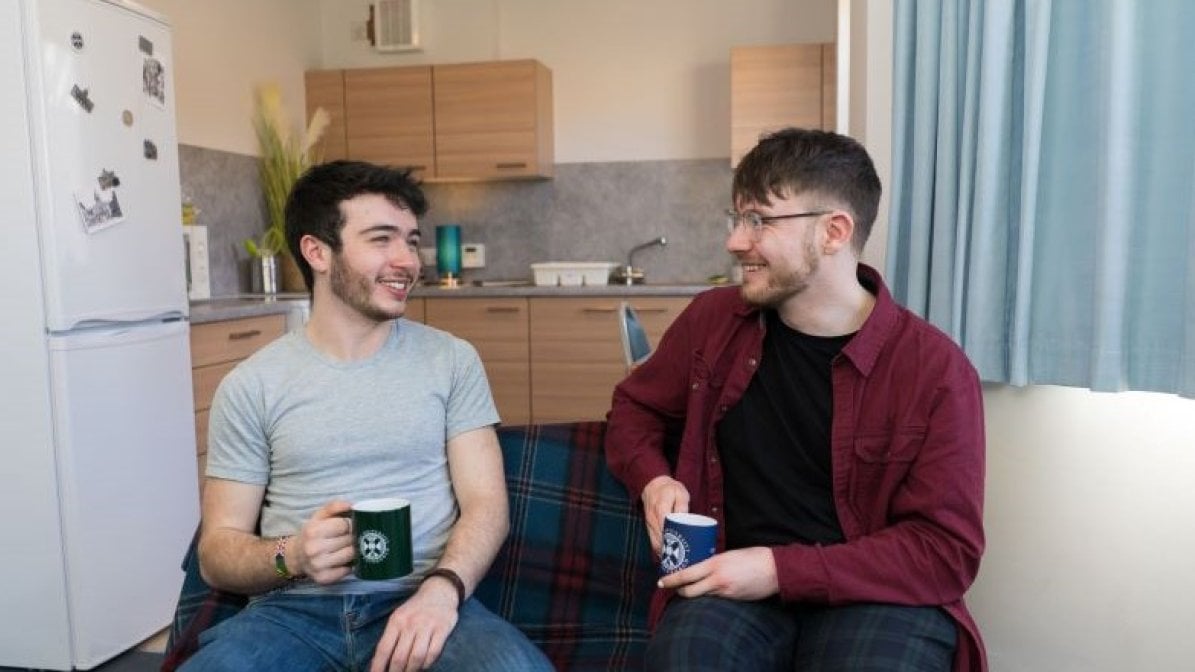How can I work out what I can afford?
If rent accounts for about half your spending, what exactly are all the other things you’ll need money for? Create yourself a budget, starting with your outgoings.
If you haven’t had to budget before, it doesn’t have to be complicated. It’s about knowing what cash you’ve got coming in and out – then understanding how much is left over after your essentials, like rent and bills, are paid.
Try making a list of everything you’ll spend in a typical month, some typical outgoings might be:
- course equipment or books food,
- drink and home supplies utilities – gas, water, electricity
- internet and phone bills
- university kit for sports courses or teams
- gym membership
- travel costs at uni and for visiting home
- nights out, parties, society events
Once you’re clear on all these other outgoings besides your rent, you can start thinking about how to make your money work for you.
If you know your outgoings will exceed your funds, you can adjust – maybe you can find accommodation with a lower rent. Or you could see where some additional cash can come in – perhaps find part-time work, bursaries, savings etc.

